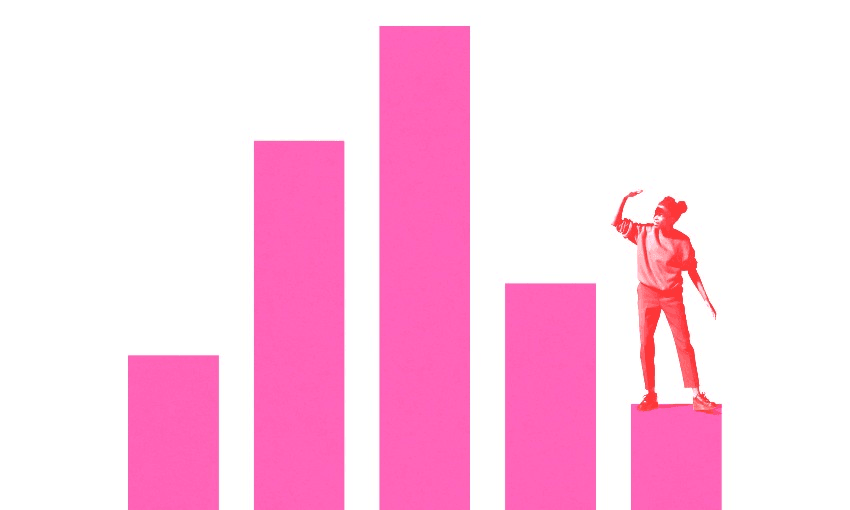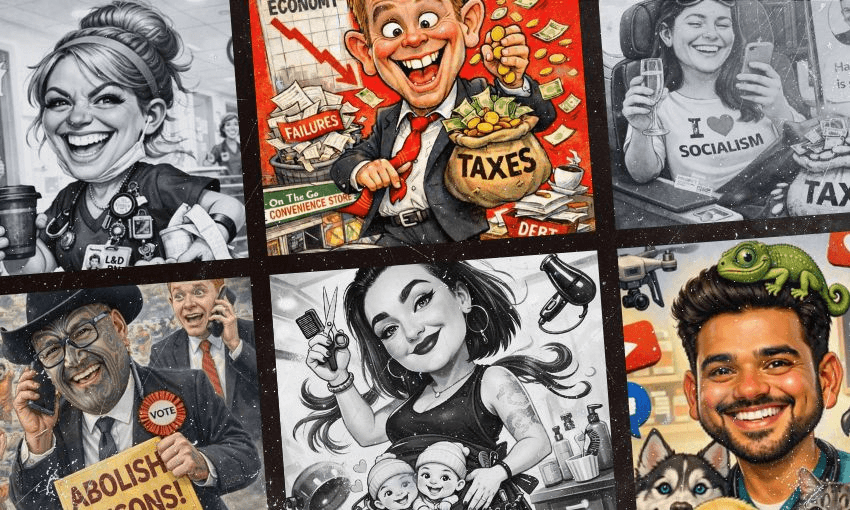Medical bias and systemic racism are terms often used to characterise health inequity in Aotearoa. But what does that mean, exactly? Naomii Seah explains.
“If you don’t take a temperature, you won’t find a fever,” says Kai Tahu researcher and physician Sue Crengle.
Crengle is speaking on the state of inequity in the medical system of Aotearoa. In other words: if you don’t look, you won’t find it, and minority populations will continue to suffer worse health outcomes.
Her colleague Gillian Whalley agrees: “When I started I knew there were problems [with medical inequity]. 20 years ago I wouldn’t have called it systemic racism. But as… I’ve looked for it, I can see it everywhere now.”
Last week, Crengle and Whalley released a new research paper in the New Zealand Medical Journal, which found that using international medical standards may lead to the under-recognition of cardiac enlargement in Māori and Pacific populations.
Currently, the international reference ranges for heart size are based largely on studies done on Pākehā. In other words, what’s “normal” in medicine is often defined by whiteness and maleness, as it is in other aspects of society. Sound familiar? Just as speaking English is “normal” and other languages aren’t, so are NZ European bodies “normal”, which dismisses the population specific needs of other groups.
Here, it’s important to note that “population specific needs” is not a term that supports biological determinism, which is the concept that biology is the defining factor in health risks and outcomes – a concept that leads straight to eugenics. Biologically, ethnic groups are not fundamentally different from one another. Research shows that the use of ethnicity as a determinant of health is actually a stand-in for many other complex issues. Rather than being a purely biological difference, ethnicity often dictates how we are perceived by others, and therefore how we are treated.
It’s mostly through social bias, then, that ethnicity can have a measurable impact on health outcomes. However, some general differences between ethnic populations may exist; for example, East Asians tend to be shorter than other populations. These differences could themselves be a result of complex social factors and are often understudied, and it’s difficult to point to specific causes. But whatever the truth is, ignoring these differences can also result in medical inequity.
Crengle and Whalley’s paper shows what medical bias can look like in a New Zealand context. Here’s a brief run-down: heart size is correlated with body size and composition, so it usually follows that a taller individual will have a larger heart. The assumption is therefore that Māori and Pacific people may have heart sizes on the upper range of “normal” as they may be taller and larger than NZ Europeans – that was the hypothesis the researchers began with. To test this assumption, Crengle and Whalley measured the heart size of 263 healthy self-identified Māori or Pasifika adults.
What they found was in fact the opposite – heart sizes of healthy Māori and Pasifika adults (with no significant medical conditions such as renal failure, heart disease, pregnancy) were significantly smaller than the upper limit of “normal”. That means Māori and Pacific populations may need a lower reference range for heart size than what’s currently in use in the cardiovascular field. In simple terms: enlarged hearts may be going undiagnosed in Māori and Pasifika patients. Heart enlargement is a risk factor for coronary disease, and this under-diagnosis could explain some of the statistically poor health outcomes for Māori and Pasifika in New Zealand.
The leading rhetoric in these health inequities is that Māori and Pacific populations have increased risk factors, or may present late to medical services. But medical inequity also lies in who the system is built for, and who it caters to.
“I had never really liked the way we decide on simple numbers [to define what] is the norm or not,” says Whalley. She gives the example of body mass index (BMI), which is a simple number based on height and weight. It’s often used as a proxy for overall health, and it’s an important number in deciding access for many medical treatments.
“It doesn’t take into account body composition,” notes Whalley, which is only one of the myriad issues with the measure. This means BMI doesn’t factor in whether your weight is concentrated in muscle mass or fat. And surprise, surprise, “normal” BMI ranges are based mostly on NZ European bodies. (The reference ranges are also very outdated and stigmatising, but that’s a whole other conversation). This has impacts on Māori and Pacific health. Whalley notes that “it’s quite hard for Māori and Pacific people to get kidney transplants because they’re considered too overweight.” But BMI is “crude”, as Whalley puts it, and it’s one of the many measures that can prevent equitable access to healthcare. “Medicine is super complex… there’s a massive risk of oversimplification.”
And that oversimplification is why until recently, medical research didn’t see the issue with generalising studies based largely on cisgender Pākehā male bodies to all populations.
Another example you may have heard of is heart attacks in women. Clinical trials studying heart attacks often excluded women, which meant that the gender specific symptoms of heart attacks in women went largely unrecognised. Public health announcements and media portrayals of coronary events tend to show a man having chest pain. But women are more likely to experience shortness of breath, back pain and nausea; they’re also more likely to suffer heart attacks without chest pain at all. The gap in medical research has been linked to worse health outcomes for women. Women are more likely to die from a heart attack than men, and are more likely to have recurring coronary events as well as more likely to develop disabilities from heart failure.
It’s these gaps in knowledge and research that contribute to inequitable health outcomes. It’s telling that wahine Māori and Pasifika women tend to have even worse outcomes than Māori and Pacific populations generally. Medical bias exists where any social bias exists. But how do we address it?
Crengle, who’s recently been appointed to the new Māori Health Authority, believes that New Zealand specific reference ranges are needed for more healthcare fields, and that we shouldn’t rely on international standards. Whalley agrees, noting that the Māori Health authority is an important first step to achieving more equitable healthcare in New Zealand. Whalley and Crengle both want more attention directed at population specific medical research, and targeted interventions.
“It’s about asking communities what is important to them,” adds Whalley.
“I think the old concept of equality, treating everybody the same, will not raise Māori and Pacific health onto an equal level with Pākehā health. Treating everybody equally has 100% led to unequal outcomes. Something’s wrong. We’ve got to fix it.”



